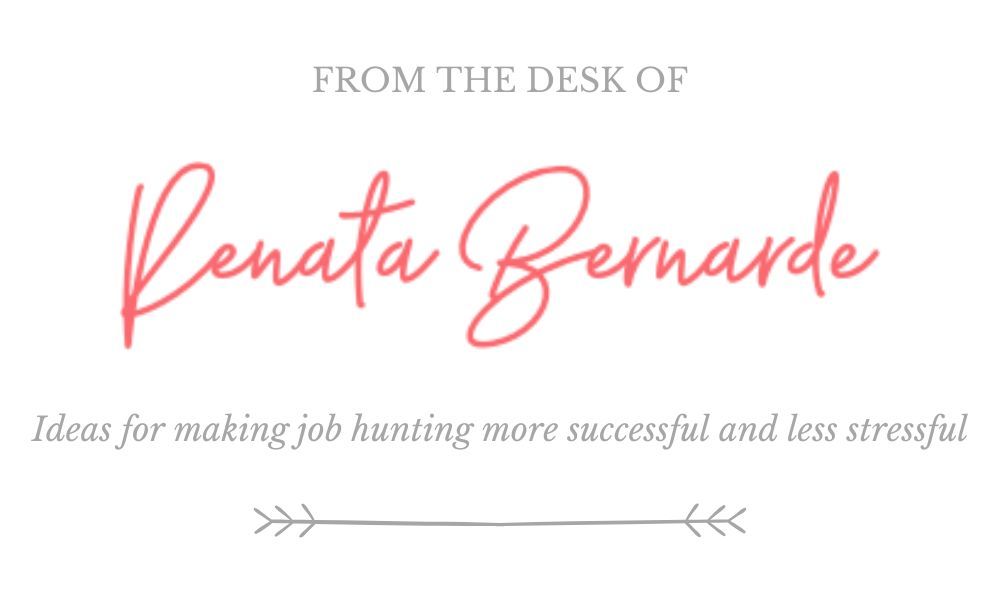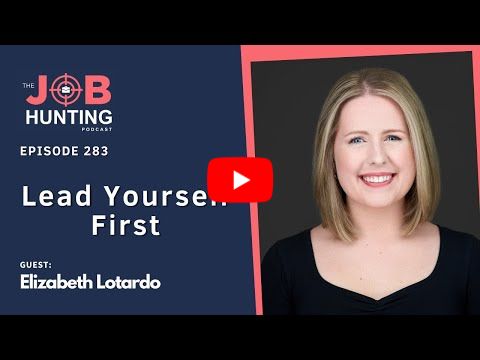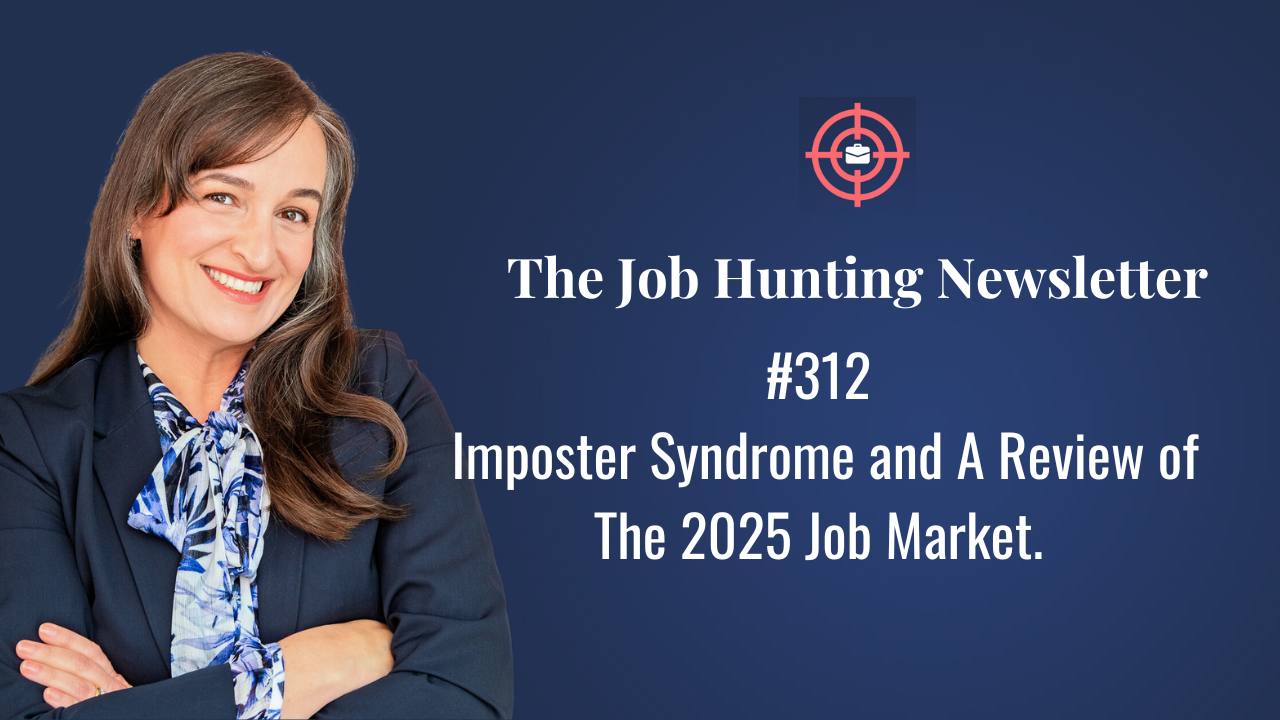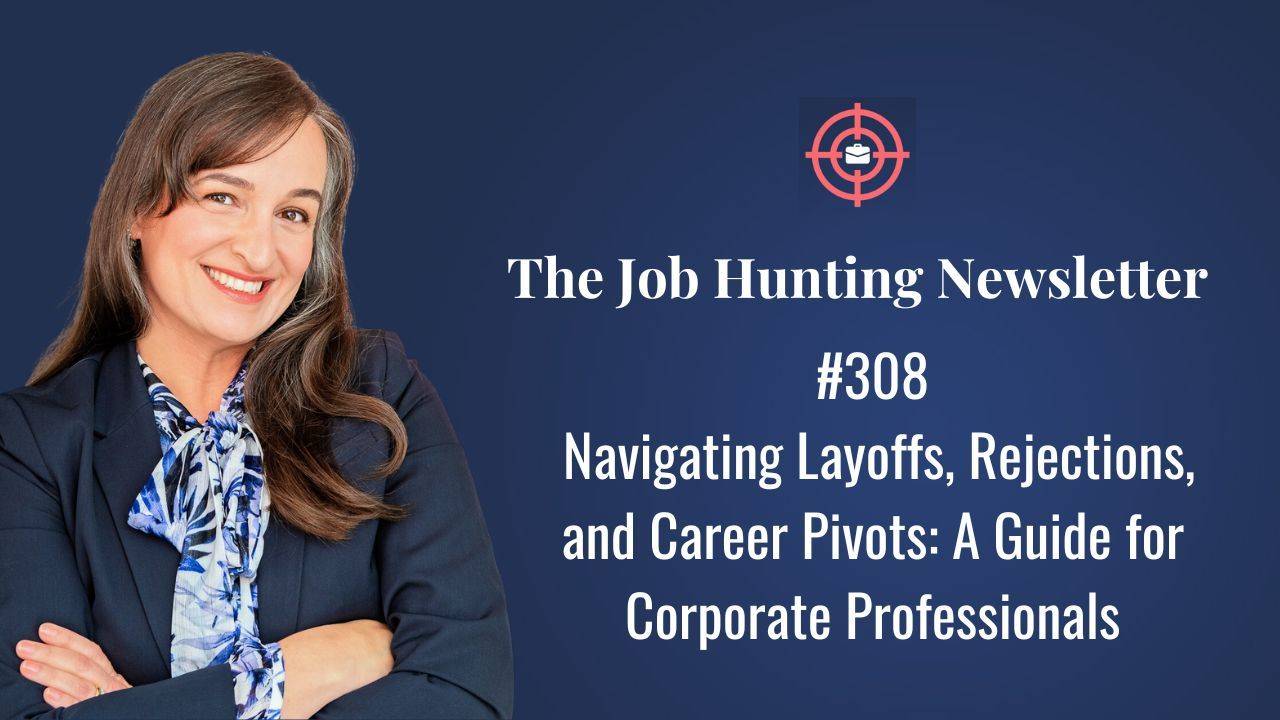No one is more responsible for your career than you.
Self-leadership is the practice of intentionally influencing your thoughts and behaviors to achieve your objectives. It involves setting personal goals, self-motivation, and self-direction. In 2025, self-leadership is no longer optional for corporate professionals. In a world where organizational structures are continually changing, mastering self-leadership ensures you remain adaptable and proactive.
In this week's podcast episode (283), I interviewed an expert in self-leadership, and we explored practical strategies to enhance self-leadership:
-
Deepen Role Comprehension: Understand the broader impact of your position within the organization. This insight allows for strategic decision-making and proactive contributions.
-
Pursue Continuous Development: Take charge of your professional growth by seeking relevant training and certifications. This proactive approach keeps you competitive in the job market.
-
Engage in Job Crafting: Align your responsibilities with your strengths and passions. Proposing new projects or adjusting tasks can lead to greater job satisfaction and performance.
-
Manage Emotional Energy: Develop strategies to handle challenging colleagues or situations. Focusing on aspects within your control and maintaining a positive outlook preserves mental well-being.
-
Adopt Positive Reframing: View setbacks as opportunities for growth. This mindset fosters resilience and keeps you motivated during challenging times.

From Burnout to Empowerment: Jane's Journey to Self-Leadership
Consider the story of "Jane," a mid-level manager who felt stagnant in her role. She wanted a new job, and that's why she reached out to me for coaching. But instead of resigning, she decided to remain employed and embrace self-leadership. To be honest, I did not know then that what we were doing in the coaching program was called self-leadership. But as my podcast guest pointed out, I had been teaching my clients this for quite some time. This transformation led to increased job satisfaction and great options for her career progression.
This is what Jane did:
-
Aligned her tasks with organizational goals: No more overdoing, overworking, or going against the flow. She had to save energy for her job search.
-
Pursued relevant training to stay ahead. Jane had a lot of experience but had not crystalized it with certifications or training. We worked on that so she would be not only better at her current job but more employable externally.
-
Reshaped her responsibilities to match her strengths: We are currently at this stage of our coaching process, and she has 2 to 3 options for internal mobility she is currently pursuing.
-
Managed her reactions to workplace challenges: This is probably the most important change. Her attitude towards her colleagues and manager changed once she started focusing on herself and her tasks and less on the changes and uncertainties surrounding her team.
Why this Strategy Worked for Jane: The Shift Towards Self-Leadership
There is a noticeable shift in modern corporations toward self-leadership. Professionals who take charge of their development and mindset stand out, driving innovation and contributing meaningfully to their organizations. Embracing this approach transforms challenges into opportunities, fostering a culture of continuous improvement and resilience.
In the past, corporate professionals relied heavily on top-down directives, waiting for managers to chart their career paths and provide development opportunities. Today, there's a paradigm shift. Professionals now proactively seek growth, align their roles with personal strengths and take ownership of their career trajectories.
This evolution signifies a move from passive participation to active engagement, highlighting the importance of self-leadership in today's corporate environment.

5 Strategies to Build and Demonstrate Self-Leadership
1. Understand the Context of Your Role
Job descriptions get outdated fast. Knowing your role deeply—why it exists, how it adds value, and how success is measured—is foundational. This understanding allows you to innovate, prioritize effectively, and advocate for your ideas. Without this clarity, you become reactive rather than strategic.
2. Take Initiative on Professional Development
Don’t wait for your manager to offer you a course or certification. Elizabeth Lotardo, my guest on this week's podcast episode and an expert in self-leadership, cited the example of someone working in project management for years without obtaining a formal credential like the PMP—a missed opportunity in a competitive job market. Taking initiative not only builds your resume, it demonstrates foresight and commitment.
And if you're worried your employer might not support your request for training, consider this: most managers aren’t against professional development—they’re simply too busy to proactively offer it. Bring the proposal. You may be surprised by the positive response.
3. Practice Job Crafting
Self-leadership often means reshaping your current role to make it more meaningful. This can involve negotiating responsibilities, suggesting new projects, or redefining how your work aligns with your strengths and interests. Especially if you're feeling burnt out or undervalued, job crafting can be a strategy to regain control without quitting prematurely.
4. Manage Your Emotional Energy Around Difficult Colleagues or Bosses
When dealing with difficult people, focus on what you can control—your reaction. You can’t change their behavior, but you can reduce how much mental space they occupy. Shift your perspective from grievance to agency: Can you schedule challenging meetings at less stressful times? Can you bring a supportive colleague into the room? These are subtle but powerful ways to reclaim emotional energy.
5. Stay Optimistic with Mental Reframing Techniques
To maintain momentum during uncertain times, try reframing challenges as opportunities. Elizabeth Lotardo, my podcast guest this week, uses two tools:
-
Articulate the Upside: When faced with change, prompt your brain to consider potential positives, not just threats.
-
"This is My Chance" Mental Cue: Instead of spiraling into frustration, reframe setbacks as opportunities for growth or redirection.
|
Listen to This Week’s Episode:
What if the most important leadership skill you need isn't managing others but managing yourself? In this episode, Elizabeth Lotardo introduces the concept of self-leadership and explains why it's crucial for professionals navigating today’s unpredictable job market. This mindset shift can transform how you approach your work, goals, and growth.
Listen to the entire conversation and discover how self-leadership can help you thrive, no matter your job title or team size.
- Listen to the full episode on the podcast website
- Listen on Apple Podcasts
- Listen on Spotify
- Listen on Audible
Join us at this LinkedIn Live Event:
Elizabeth and I aren't done talking just yet! We decided at the end of our episode to do a LinkedIn Learning Live Event hosted by Elizabeth. We will flip the narrative, and she will be asking me questions about how to network and grow your career in 2025 and beyond.
You'll learn:
- Tips to stand out in crowded applicant pools
- Strategies to build your network (no cringe required)
- Techniques to better target your search and increase your ROI on job-hunting time
- Language to position career changes and pivots in conversations

Time Out
- I'm listening a lot to Swedish folk duo First Aid Kit during work. And winding down at night listening to Icelandic Band Sigur Ros while I do my stretching and physio. Sometimes, I also ask Google to "play modern Icelandic music,' and it does the trick.
- I created a playlist on YouTube Music called California. It has 16 tracks all about California, and I love it at the gym. I have more tracks to add, and I plan to do that in the coming days. Click here to listen.

If this newsletter helped you:
- Please help me raise awareness for the newsletter. You can forward it to other professionals who may benefit from it. I will be forever grateful to you. They can subscribe here.
- Visit my website to learn more about career coaching. There are services and courses available to help you achieve your career goals.
To your career success
RBX
Renata Bernarde | Career Coach | Host, The Job Hunting Podcast











